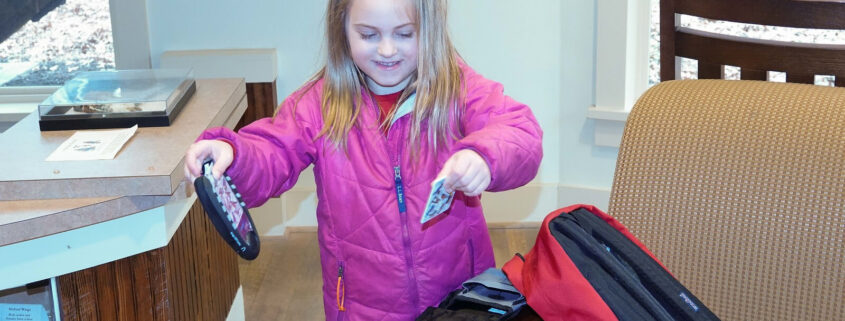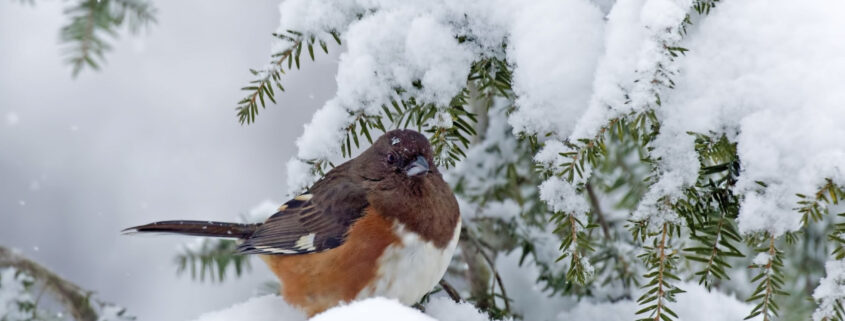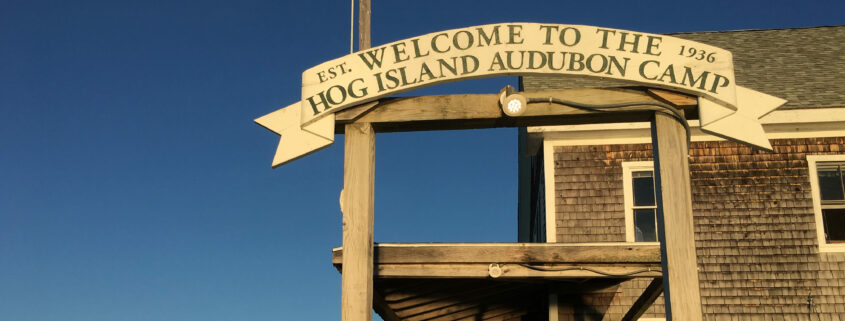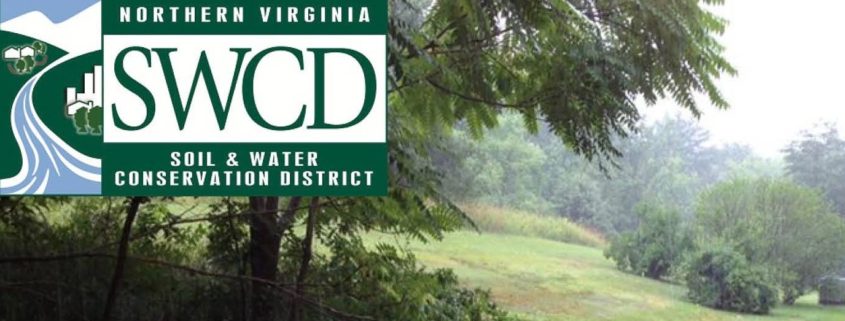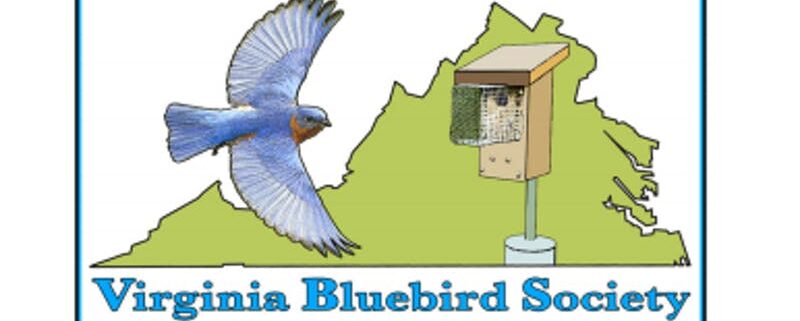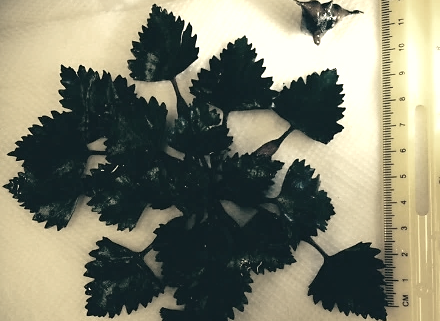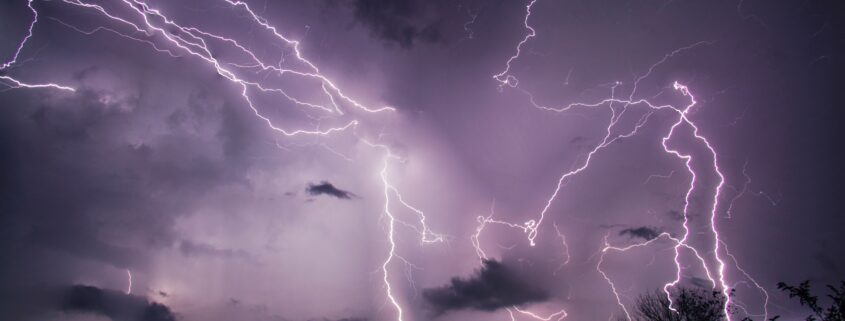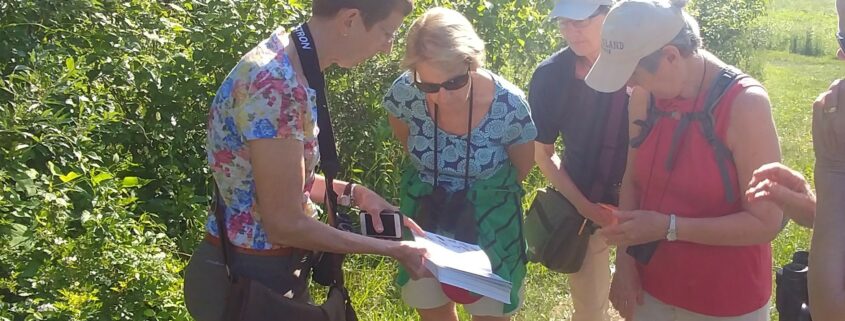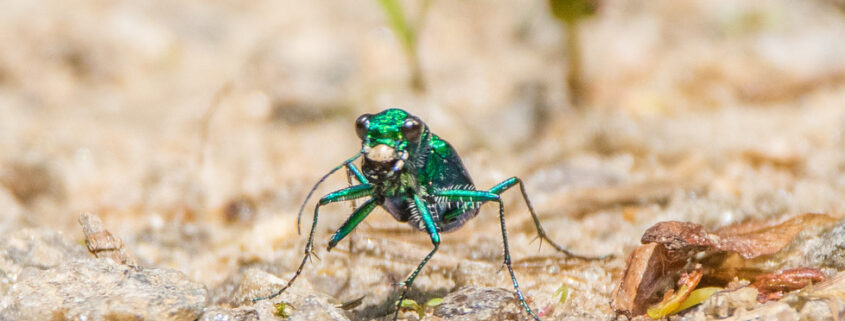Winter Salt Watch, your help needed!
With a chill in the air and snowstorms already blowing through some parts of the country, we know that ice, snow, and salt aren’t far behind. It’s time to gear up for Winter Salt Watch!
Last year Winter Salt Watch volunteers helped Izaak Walton League learn more about chloride levels in 17 states across the country. Volunteers and community groups took more than 300 readings using their Salt Watch kits! You can join this nationwide citizen science project and find out how road salt is affecting your local waterways. Order your FREE Winter Salt Watch kit today – even if there’s no snow on the ground yet. You can use your kit right away to take a reading before the road salt starts to pile up. These readings are called “baselines”, and they give you a number against which to compare your winter chloride readings. Without a baseline, you can’t effectively track changes in chloride levels and what’s causing these changes, such as road salt application. Aquatic life is affected by chloride when levels exceed 230 ppm (parts per million). Water treatment plants are not equipped to filter out extra salt, so it can end up in your tap water and even corrode your pipes.
This year Izaak Walton League plans to synthesize and share the Salt Watch data with participants regularly throughout the season. Don’t miss an update – request your FREE Salt Watch kit right now!
Learn more about the connection between road salt and water quality.
Explore last year’s results – and see this year’s baselines!



